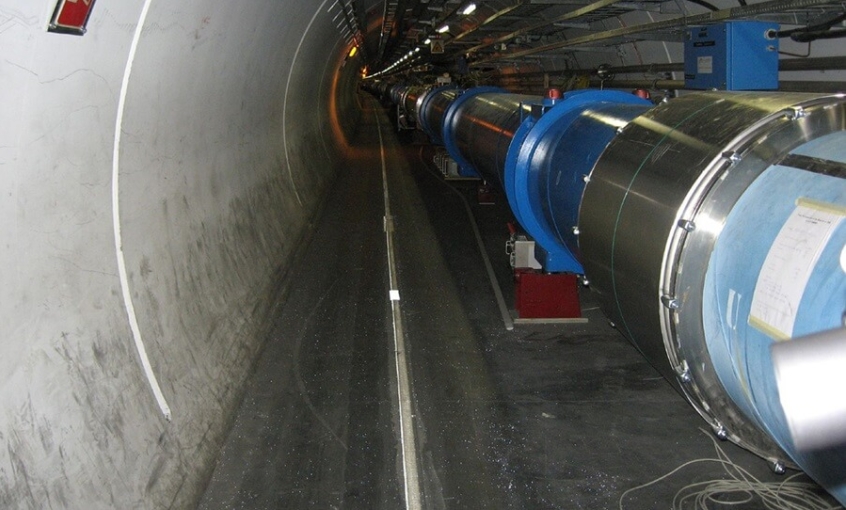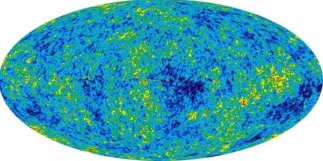
Most space scientists are focused on discovering new things about the solar system and the planets inside it. Some take things a step further by trying to study our own galaxy, the Milky Way, or even galaxies beyond it.
Space researchers from the European Organisation for Nuclear Research, popularly known as CERN, are undertaking a more ambitious, even mind-boggling endeavour: They are seeking not only to discover but also to connect with a potential "parallel universe."
CERN scientists are trying to do this by using the Large Hadron Collider (LHC), the so-called "atom smasher" that was also crucial in the discovery of the "God's particle" in 2012.
The researchers have so far turned up the Large Hadron Collider to its highest level, in an effort to detect miniature black holes, which the scientists think can point to a "multiverse."
Aside from this, the CERN scientists have also been studying data gathered by the powerful particle accelerator since last June.
CERN employee Mir Faizal from the University of Waterloo explained that he and his colleagues are doing these with hopes of finding another universe in another dimension of outer space.
"Just as many parallel sheets of paper, which are two dimensional objects (breath and length) can exist in a third dimension (height), parallel universes can also exist in higher dimensions," Faizal explained, as quoted by The Daily Mail.
"We predict that gravity can leak into extra dimensions, and if it does, then miniature black holes can be produced at the LHC," he added.
Faizal nevertheless admitted that right now, he and his colleagues are relying on "philosophy and not science."
"Normally, when people think of the multiverse, they think of the many-worlds interpretation of quantum mechanics, where every possibility is actualised... This is not what we mean by parallel universes. What we mean is real universes in extra dimensions," he explained.














